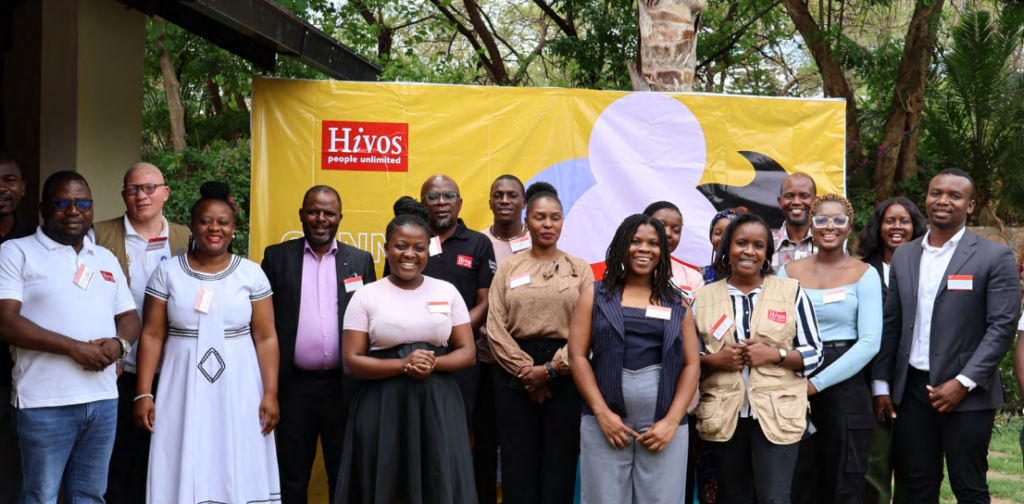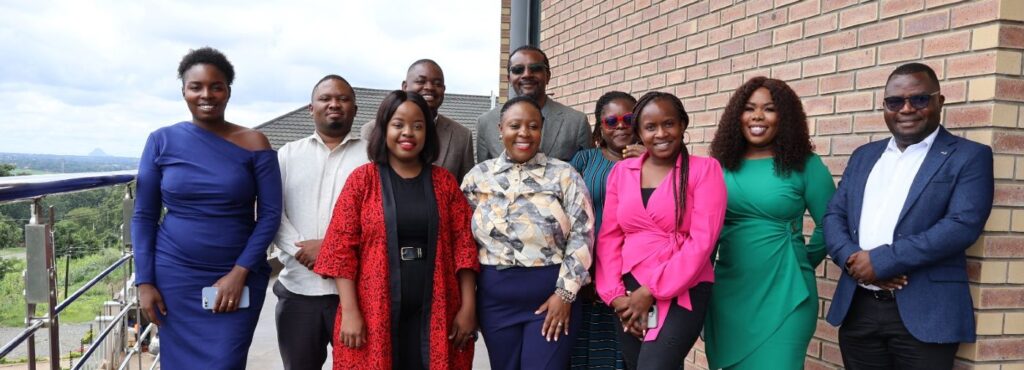Giving a voice to the once voiceless citizens: Using the media to support civic participation in Malawi
Guestblog by Oxford Insights
CoST Malawi has effectively engaged the media to reach out to citizens, and also to provide them with a platform for participation. They use their status as a “big brother” of infrastructure in Malawi to lobby the government for transparency reforms.
Following its return to multi-party democracy in 1994, successive Malawian governments have undertaken big steps to combat corruption. Malawi now has a strong legal framework to tackle corruption and a number of public oversight bodies. However, there is little follow through from government officials; CoST Malawi note that the framework is ‘active but not operational’ and proactive data disclosure is low.
Corruption in infrastructure is also a particularly pressing problem, as the world saw during the notorious ‘Cashgate’ scandal of 2013, where government officials were involved in siphoning more than US$32 million from public infrastructure projects over the course of six months.
Key insight
The media can become an accessible participation platform for citizens, as well as a way for CSOs to educate. A strong and supportive relationship with media organisations can help make this possible.
The Initiative
CoST Malawi uses a Multi-Stakeholder Group (MSG) that lobbies for increased disclosure of contracting information, employs on-the-ground assurance of individual projects, and provides training in infrastructure issues to civil society and media. They release regular assurance reports to draw attention to the importance of infrastructure development and data disclosure.
CoST Malawi is notable for their strong media engagement and effective use of media platforms. They have focused on training the country’s media in effective infrastructure and corruption reportage in order to increase public awareness of infrastructure issues. They translate their assurance reports into vernacular and serialise key projects live on the radio. They have also launched an innovative SMS citizen engagement campaign where citizens can text in their questions and concerns about infrastructure projects. The relevant government officials will then answer questions live on air.
Outcomes
- Educated and engaged media. Training for media organisations has improved how construction issues are reported, and helped CoST champion their values across the country.
- Citizens actively participating. Citizen awareness of infrastructure issues has also increased, as has their engagement in CoST Malawi outreach programmes such as the SMS scheme. Citizens view CoST Malawi as a ‘big brother’ and regularly call up to report infrastructure issues.
- Identifying corruption and mismanagement. Through their assurance reports, CoST Malawi has successfully drawn government attention to several corrupt or mismanaged projects. The central government has also taken forward several of their recommendations to improve the bidding process.
What helped
Multi-stakeholder working. Including multiple voices in the initiative has helped CoST Malawi tailor their communications and recommendations to all groups involved, lending credence to their suggestions and advice.
Relationship with the media. CoST Malawi has invested huge time and resources into engaging and educating the country’s media on procurement practices. This has paid off, as where there were many distorted and sensationalist stories about public procurement, the media has now developed a strong understanding of the sector and can report accurately and effectively. This has the dual effect of educating the public and promoting CoST’s good work.
What didn’t help
Lack of procurement expertise among the public. Lack of education around procurement is a significant barrier to effective transparency. CoST Malawi admits that this remains perhaps the greatest obstacle to the organisation’s success, as without the relevant expertise, there is little that the general public can do to hold its government to account.
Low private sector engagement. The CoST Malawi chairperson is the only member of the private sector sitting on the CoST MSG. Professionals are still not comfortable associating themselves with the transparency agenda.
Lessons for practitioners
Political support is important. Many interviewees emphasised the importance of political support from the government to CoST’s success. Although personnel have changed and levels of support can fluctuate, it is clear that much of CoST Malawi’s success has been based on the support of their political champion in government, who helped to develop a legislative and political environment that is conducive to CoST’s work.
Build capacity and diversity within the organisation. Perhaps the most critical ingredient to CoST’s success has been their creation of a diverse and committed Multi-Stakeholder Group. The MSG has formed the core contingent of CoST’s work, and it is their commitment and drive that has helped to make meaningful change to public procurement in Malawi.




